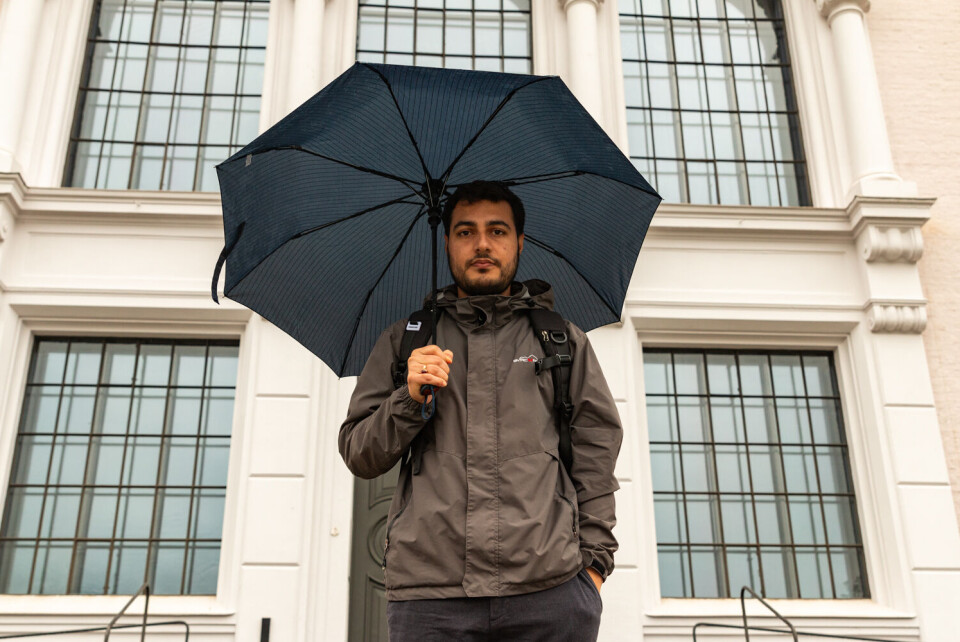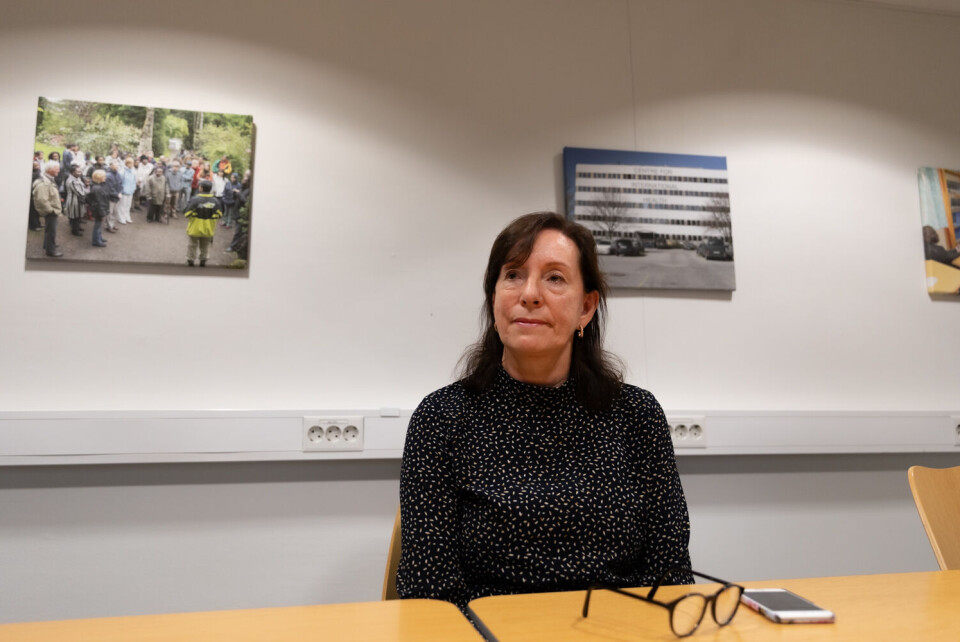These students pay thousands to study in Bergen
The new tuition fees have far-reaching consequences, especially for Norway-interested students from far away.

This summer new tuition fees were implemented for students from outside the EEA and Switzerland.
Therefore, the University of Bergen began charging fees for new international students this fall semester.
Studvest has spoken to two international students who each pay 187.400 per year to study at the University of Bergen (UiB).
The change has been met with frustration from both a unified university sector and students alike.
84 percent less internationals
The Norwegian government had estimated that the fees would reduce the share of international students by 70 percent.
The newspaper Khrono writes that the final number is 84 percent less international students at UiB, compared to last year.
Read Norwegian Directorate for Higher Education and Research’s response further down in the article.
Sushobhan Bhandari, or just Susho, is one of extremely few who have paid the new tuition fees and stayed true to their academic plans – in his case, studying the master in Global Health.
After being rejected once, the Nepalese citizen was admitted to UiB in 2022. At that time, possible tuition fees were already in the offing.
– But there wasn’t a concrete answer from the government’s or from the university’s side about whether or not it would be implemented. Everybody was going through this wave of uncertainty.
Now, the fees are a certainty and range from 128.975 to 373.550 Norwegian kroner per academic year.
– They implemented the law and two weeks later we had to start our classes, Susho reveals. There was no hope to apply for a scholarship.

So, the 32-year-old unceremoniously invested 187.400 kroner in himself, entirely from his own savings accumulated from his work in Nepal during the Covid-19 pandemic.
Tight personal economy
– How have the changes affected your personal economy?
– Since I had to transfer the fees, there is no more room for maneuver.
Regarding a comparison of the realizable earnings of students and the fees to be paid by them, he argues:
– The tuition fees are so high, there is no way that you can collect that amount.
Together with the living expenses for one year, which had to be transferred additionally, he paid more than 300.000 kroner in order to be allowed to come to Norway to study.
– I need to finish what I need to finish
Another student affected is Maimuna, who originates from Nigeria. The 45-year-old is also studying for a master’s degree in Global Health and wants to work in the research area after graduating.
– I just need to tighten my belt.
That was the first conclusion she drew when she received an e-mail asking if she would be able to pay the tuition fees. Maimuna is a mother of four daughters, one of whom is already studying herself.
They do not accompany her in Norway, that would have been too expensive, she states. Like Susho, she paid the fees out of her own hand.
– The suddenness of the cost was off what anybody could have planned.
With the increased education spending, financial freedom to play for the 45-year-old is minimized. Even when it comes to food, she makes deductions, in part because Norway is so expensive.
– Right now I’m cutting off even down towards basic needs – I feel kind of caged.
The student also sees her family as the victims of a conflict of interests that is flaring up.

– It is attacking to the resources of the family at this crucial time. But I’ve gone too far. I need to finish what I need to finish.
Against the fees
To get a glimpse behind the scenes, we also talked to Linda Karin Forshaw, administration of the master’s in Global Health.
– Everyone here at the center were against it, she says about the new scheme.
Ms Forshaw, likewise, believes that the implementation of the law was far too hasty.
– People were asking us about things and nobody knew anything. So, the systems weren’t in place.
The administration doesn’t think the tuitions will be reversed. But she has hope: perhaps scholarships will be made available for students to apply for. She would like to see a now removed quota program revived, which was intended for students from the global south.
– Meant to free up resources
State secretary Oddmund L. Hoel at the Ministry of Education and Research explains the intentions of the implementation of tuition fees.
– An important reason why we are introducing tuition fees is to free up capacity and resources for students from Norway and the EU/EEA. We will monitor the effects of the restructuring, including its consequences for recruitment to the labor market.

Student exchange programs and collaborative programs, joint degrees, with foreign partner institutions are important to the Norwegian government.
– Norwegian students have to pay tuition fees when studying abroad in the vast majority of cases. There is no reason why it should be any different in Norway.
In the state budget for 2024, the government proposes a scholarship scheme for students from developing countries.
– This allows for an increased flow of international expertise to Norwegian educational institutions, while at the same time contributing to the broader objectives of Norwegian development policy, the state secretary explains.
















